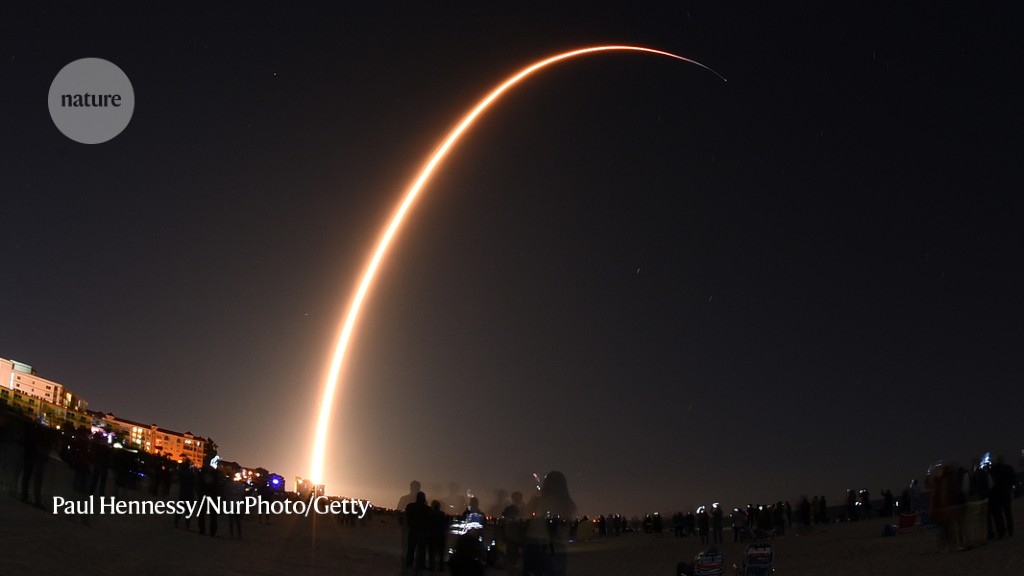
Astronomers push for global debate on giant satellite swarms
You can also search for this author in PubMed Google Scholar
The firm SpaceX launched a batch of Starlink satellites into orbit around Earth on 6 January 2020. Credit: Paul Hennessy/NurPhoto/Getty
Aerospace companies have launched about 2,000 Internet satellites into orbit around Earth over the past 2 years, nearly doubling the number of active satellites. This has sparked concerns among astronomers and other skygazers, who worry about interference with observations of the night sky.
Now, in what would be the biggest international step yet towards addressing these concerns, diplomats at a United Nations forum next month might discuss whether humanity has a right to ‘dark and quiet skies’. The debate could initiate a framework for how scientists and the public would deal with the flood of new satellites — with many more expected.
Tens of thousands of satellites could be added to Earth orbit in the next few years to provide broadband Internet, if companies and governments build and launch all the networks, or ‘megaconstellations’, they have publicly announced. The sheer number of these could mean that hundreds are visible all night long, affecting the sky like never before in human history. “These constellations are changing dramatically the way space has been used,” says Piero Benvenuti, an astronomer at the University of Padua in Italy and a former general secretary of the International Astronomical Union (IAU).
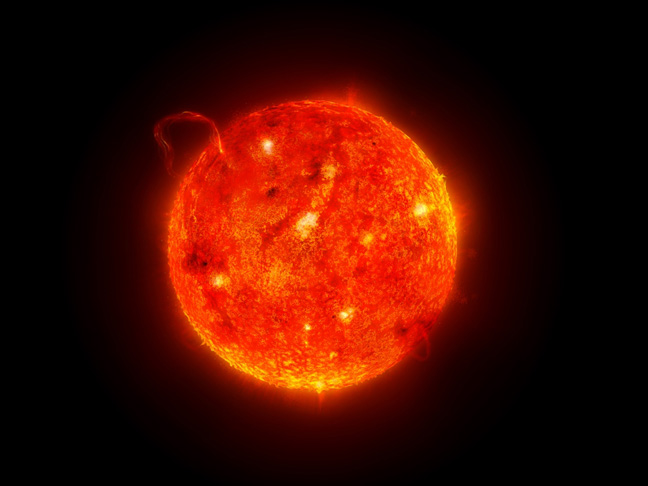
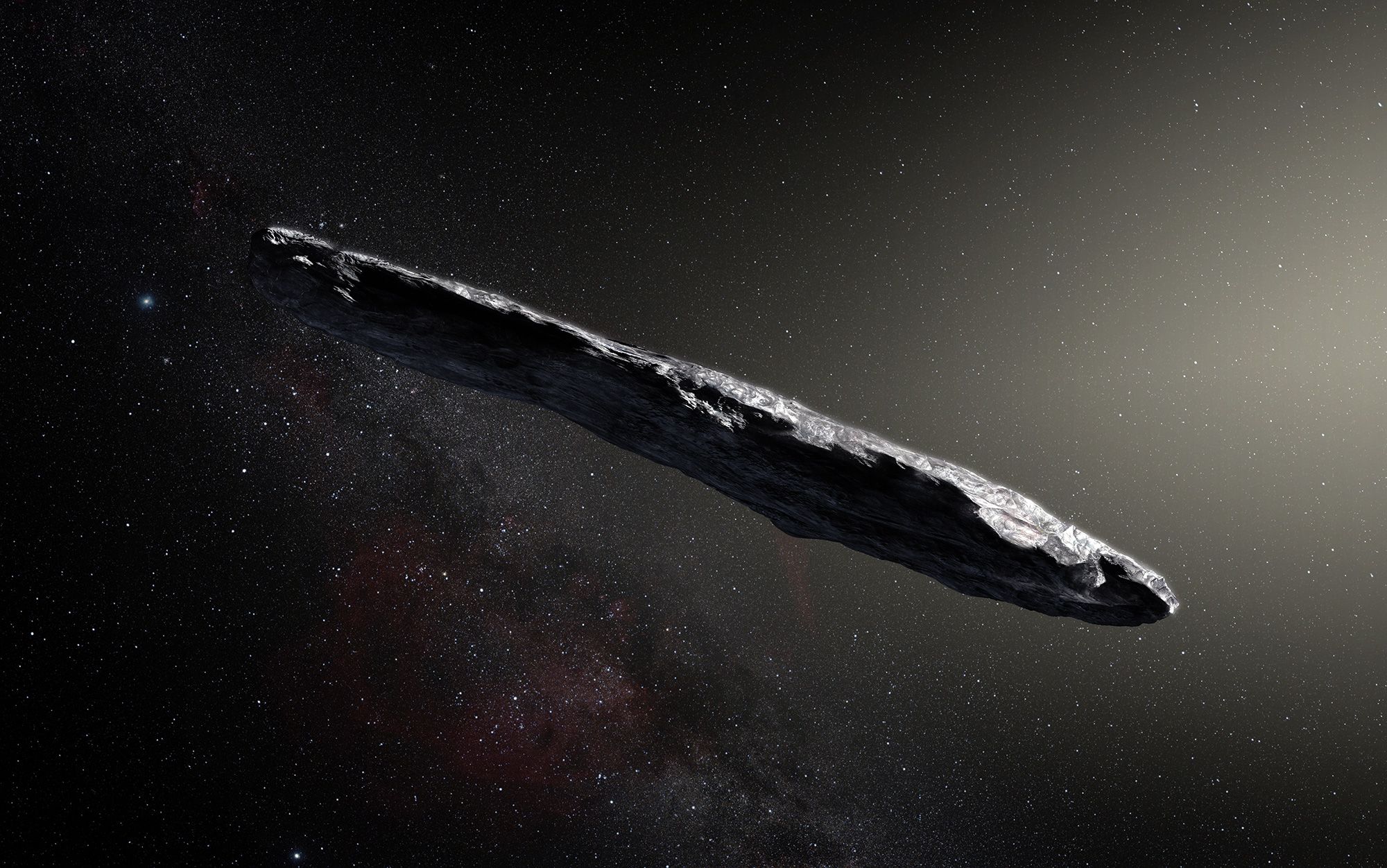
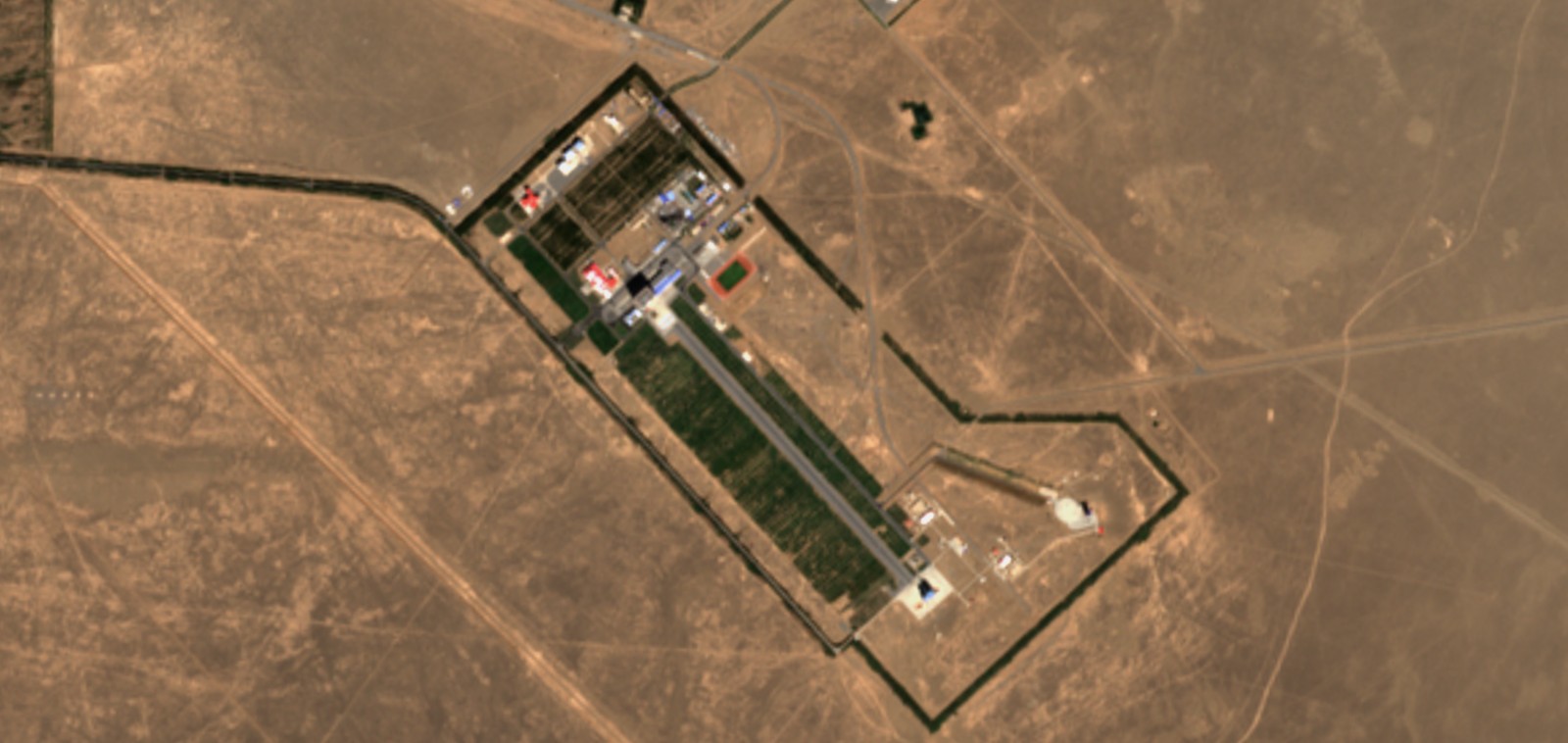
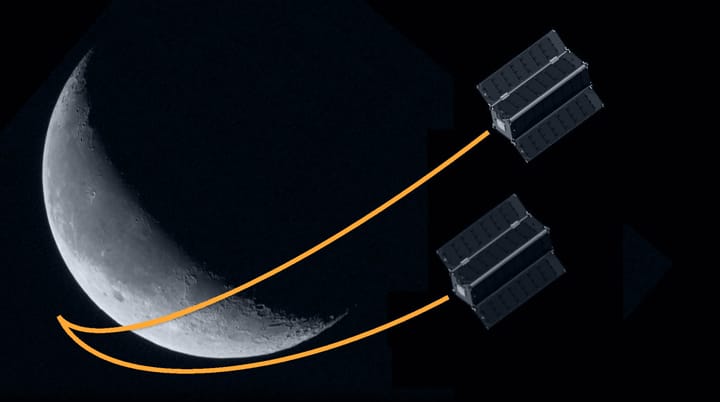
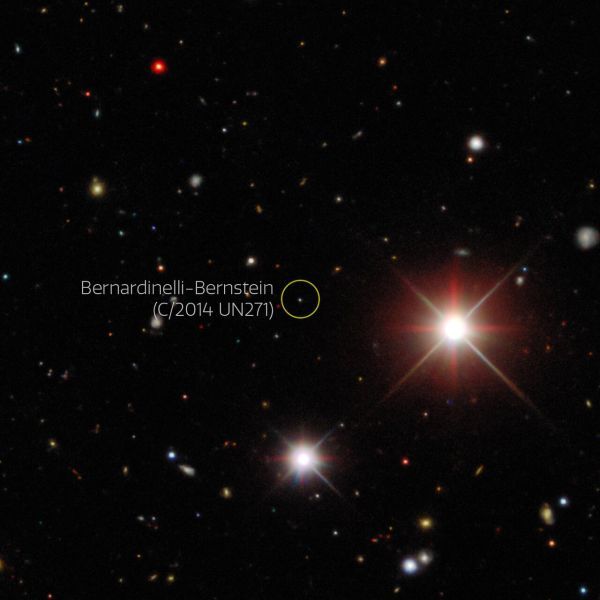

















/cdn.vox-cdn.com/uploads/chorus_asset/file/25416369/STK473_NET_NEUTRALITY_CVIRGINIA_A.jpg)
